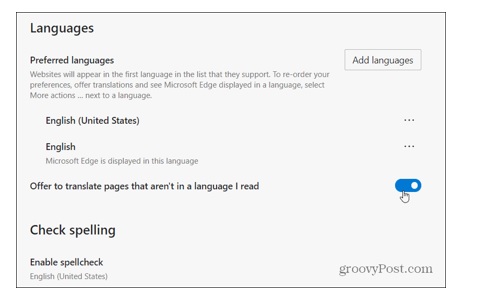
Are you personally involved with your practice’s bookkeeping and other support functions? If so, consider the benefits of hiring outside experts to perform these tasks.
Lions, Tigers and Servers, Oh My!
You love what you do: providing hands-on pet care and counseling your pet parents. And because you love being a vet so much, you may work on non-clinical tasks to make sure your practice fully supports your passion.
For instance, you might configure your computers and network or help out with HR or marketing. Since you’re keenly interested in where your business income comes from—and goes—you may even do bookkeeping.
However, since there are only so many hours in the day, working on non-veterinary areas of your practice can be counterproductive. It can lead to you seeing fewer pet patients and work less with your veterinary-care team . . . the things you love to do. Worse, it may force you to work long, stressful days. Keep doing this indefinitely and you might suffer burnout and health consequences such as hypertension or depression.
The Best Use of Time
Here’s a better approach: envision the business you want to build (or maintain). Think about its future size, type of veterinary medicine, billing volume, staff and culture. Once you’ve envisioned your future, determine where your involvement is essential to create your desired outcome. You may conclude that remaining personally engaged in bookkeeping, IT projects or marketing isn’t really essential for building your desired end state.
After doing this exercise, consider narrowing your focus to only the clinical practice of veterinary medicine. You can assign other tasks to someone else in the practice or give them to outside experts. Of course, tracking key financial metrics will always be on your plate. But reviewing your practice’s financial statements is much less demanding of your time than doing hands-on bookkeeping or accounting yourself.
So, if you want to get less involved in day-to-day financial management, you might consider bringing on an outside bookkeeping firm or solopreneur, many of whom work virtually.
Advantages of Working with an Outside Bookkeeping Firm or Expert
Outsourcing your bookkeeping has many advantages. It will:
- Free up your time for more highly compensated work. Doing accounting or bookkeeping is not a great use of your time when you consider what you earn vs. what a bookkeeper makes. Whether your bookkeeper is a practice employee or an outside vendor, it doesn’t make sense for you to do work others can do less expensively and, probably, more efficiently.
- Increase your practice’s profitability. By limiting yourself to your practice’s core capabilities—the delivery of veterinary services—you’ll generate more billings, help to increase the quality of care provided (reducing malpractice risk) and be able to focus on strategically significant work such as adding new services or acquiring new professional skills.
- Reduce financial risk. By retaining an outside bookkeeper, especially one with veterinary experience, you’ll benefit from exposure to the person’s specialized knowledge. This means your outside expert will likely make fewer mistakes than someone who doesn’t do bookkeeping full time.
- Provide access to objective financial advice. If you’re doing your own bookkeeping—or have a bookkeeping employee working for you—it might be difficult to get an outside perspective on your business’ finances. However, with an external resource, that person or firm will be more comfortable giving you an objective assessment of your cash flow, invoice aging and other metrics of financial performance.
Outsourcing Payoff
The logic of outsourcing bookkeeping work also applies to marketing services, IT management, financial control (CFO) and HR support, among other functions. If you’re personally involved in any of these activities—or are paying employees to handle them for you—you may want to move them to an outside provider. At the very least, consider farming out the non-medical work you’re personally doing.
Now, why outsource these services instead of having employees do them? The answer boils down to one word: overhead. When you add employees to perform support tasks, you’re increasing your practice’s overhead. Not only do you have to pay their salaries, you also must pay roughly another 30% to cover their benefits. With so many highly skilled experts available to help you on a freelance or consulting basis, it often makes sense to keep your overhead low by farming out the work to them.
However, the payoff for outsourcing is probably the largest for you, the practice owner. By removing yourself from non-veterinary work, you will create more time to spend . . .
- On clinical activities.
- On important business-development strategies.
- On personal activities and hobbies.
- On exercise, meditation and other ways to manage stress.
Having the free time to devote to such things will help you enjoy the fruits of your hard work, while greatly improving your work/life balance. Being more relaxed will not only make you healthier, it will also make you a better vet.
So here’s the bottom line: It’s essential to understand where you want to take your veterinary practice. Once you determine that, identify your role in making it happen and eliminate activities others can do better and less expensively than you. Start by outsourcing bookkeeping and when you’ve proven that works, consider outsourcing other functions such as IT, marketing and HR.
Because at the end of the day, life’s too short not to focus on the work you love doing most: providing medical care to animals and education and support to their “parents.”
To help your pet parents pay for veterinary care, talk to them about the value of having pet insurance. Encourage them to learn about our Gallagher Perks pet insurance program. And if you know any bookkeepers who need professional liability insurance, refer them to our information page.







Share this page.